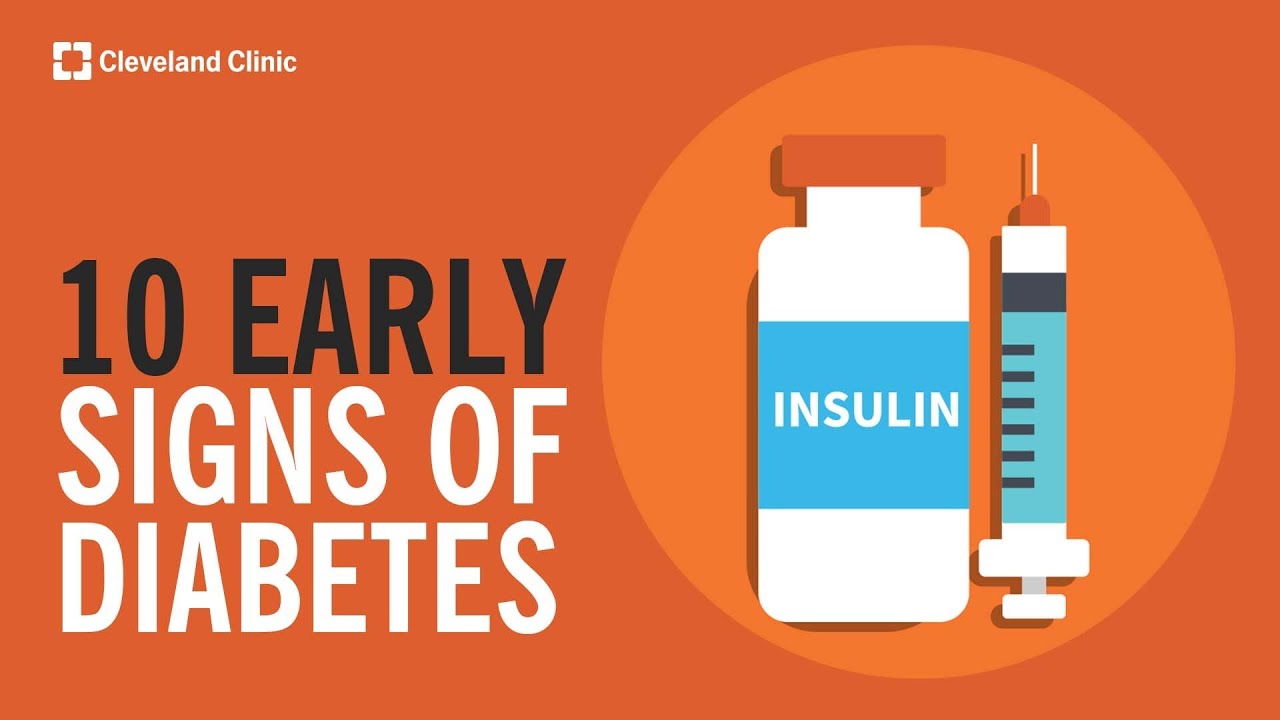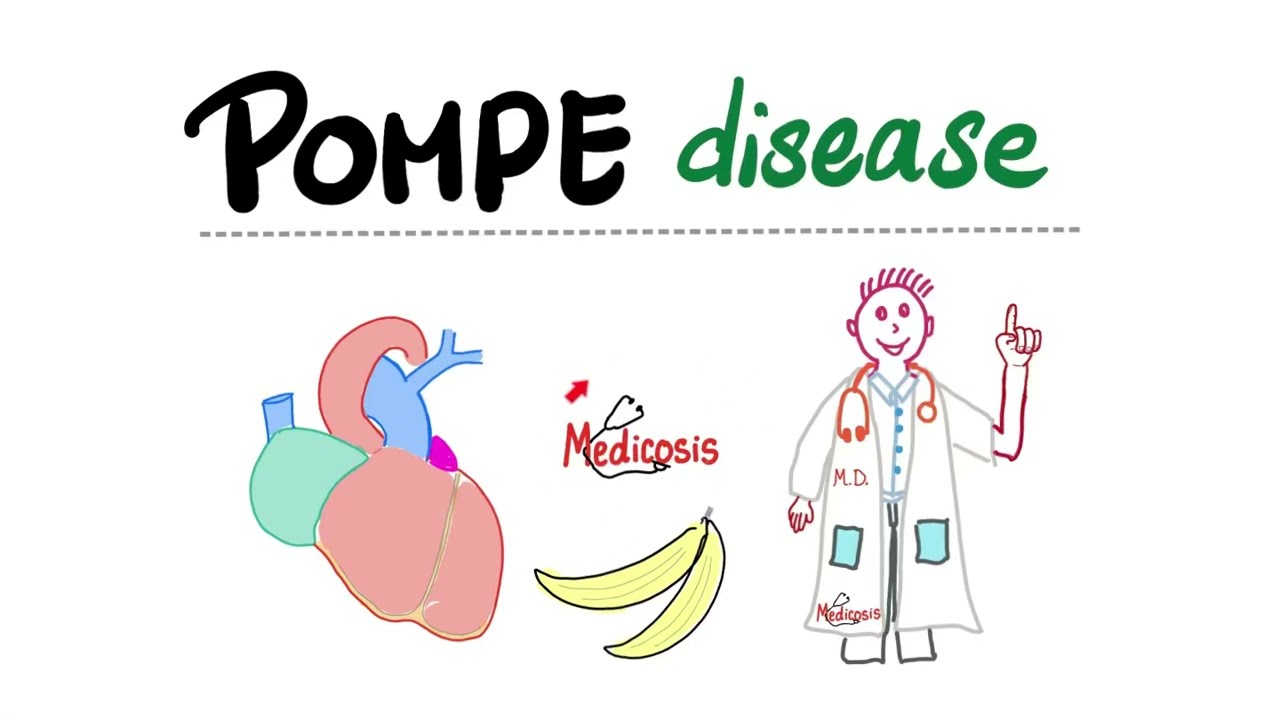Islet transplantation improves awareness of hypoglycemia in diabetics
Reuters Health • The Doctor's Channel Daily Newscast
The results also suggest that this benefit of islet transplantation persists even after the graft itself has failed, according to the report in the November issue of Diabetes Care.
The study involved 31 patients who underwent islet transplantation, Dr. Rodolfo Alejandro, from the University of Miami, and colleagues note. Hypoglycemia unawareness was defined as a score of 4 or higher on the Clarke hypoglycemia scale, which ranges from 0 to 7.
Following transplantation, 8 patients had functioning grafts and were able to stop insulin therapy. Thirteen patients had some degree of graft dysfunction and required insulin therapy and 10 patients had overt graft failure.
With islet transplantation, the average Clark score fell from 5.29 to 1.35 (p < 0.001), the report shows. Moreover, a significant and similar reduction in the Clark score was noted in each of the graft function groups.
Dr. Alejandro and colleagues suggest that the benefit in patients with graft failure might be attributed to avoidance of hypoglycemia in the early post-transplant period, leading to increased awareness.
Overall, they conclude, “The stable metabolic control achieved by islet transplantation restores hypoglycemia awareness in type 1 diabetic subjects. These benefits were accomplished without metabolic deterioration or presence of autonomic neuropathy, and persisted beyond the duration of islet graft function.”
Reference:
Diabetes Care 2008;31:2113-2115.








